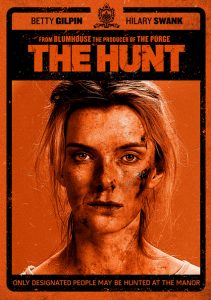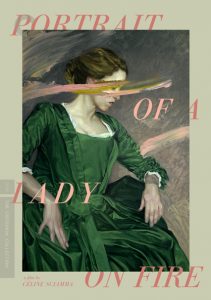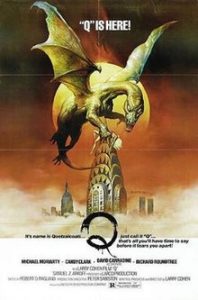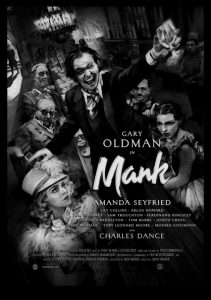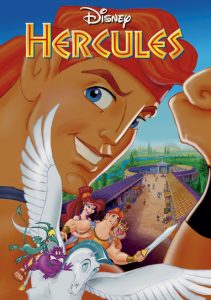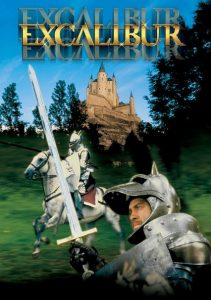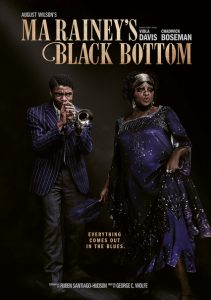The Hunt-2020
Director Craig Zobel
Starring Betty Gilpin, Hilary Swank
Scott’s Review #1,117
Reviewed February 26, 2021
Grade: B
A disturbing satirical effort presumably produced because of the volatile United States political climate circa the 2016-2020 time period, The Hunt (2020) is timely and thought-provoking.
The premise is admittedly intriguing and relevant.
Unfortunately, the film doesn’t always come together and has little character development. It is cartoon-like and mired in B-movie appeal.
I wanted more background from the characters to understand what made them tick. It’s not always clear if the film intends to provide dark comedy, provoke horror, or mock stereotypes.
Perhaps a bit of each?
The Hunt is quite violent and bloody, like a horror film should be, but has tinges of cerebralism. Your political affiliation will dictate which characters you root for. Unclear is whether the message evoked is a liberal slant or a conservative one, and which side the filmmaker leans.
Who is the target audience, liberals or conservatives?
While the effort is praiseworthy and will undoubtedly leave the viewer pondering many details, some confusing elements aren’t worked through. There is also ridiculousness that doesn’t work.
On the plus side, The Hunt includes two-time Oscar winner Hilary Swank, one of my favorite modern actresses! She doesn’t appear until the finale, but it was the high point for me.
Twelve strangers wake up in a forest clearing. They have no idea where they are, how they got there, or even what country they’re in.
A large box is in the middle of the field. When they pry it open, a pig emerges along with a plethora of guns and ammunition. Confused, rapid gunfire erupts from the forest, and the group realizes they have been kidnapped and are being hunted for their conservative beliefs.
With most of the group dead, Crystal (Betty Gilpin) and Don (Wayne Duvall) traverse the nearby locale, which includes an Arkansas service station and other booby traps. To make matters worse, it is uncertain whether the people they encounter are enemies or allies.
Finally, they realize they are really in Croatia.
It’s quickly revealed that a group of liberal corporate executives led by Athena Stone (Swank) anticipates an upcoming hunt of “deplorable” people at a manor through a group text. Done as a joke, they are caught, fired, and decide to set out to perform the hunt as revenge for their dismissals.
Let’s mention how each side is portrayed because it’s essential. The liberals are portrayed as elitist, martini-sipping, kale-eating, judgmental “libtards” who mock conservatives at every turn. They are overly politically correct, live in a bubble, and are essentially pricks.
The conservatives are written as racist, dumb, simple-minded, poorly dressed people who love their guns and believe in conspiracy theories. Crystal is written to be a bad-ass tomboy from Mississippi who can shoot guns, blow things up, and fight.
Her character is overdone and not my favorite, although the twist at the end and the references to George Orwell’s Animal Farm (1945) are pleasing.
The opening sequence and the final sequence are the best parts of The Hunt. As the liberals fly in luxury, sipping champagne and munching on caviar, a conservative wanders to the front of the plane and is killed.
At this point, the premise isn’t yet revealed, so the audience has no idea what is going on. This immediately made me engaged and intrigued.
I loved the final fight sequence between Crystal and Athena. Craig Zobel, who directed The Hunt, borrows heavily from Quentin Tarantino’s Kill Bill (2003-2004) during this scene, and the result is a marvelous battle involving kitchen knives, glasses, blood, and bruises.
The Hunt (2020) is a brave and clever effort. I only wish the mechanics of the characters were better explored. My takeaway is that the intent is not to take the film too seriously.
But I wanted to.
